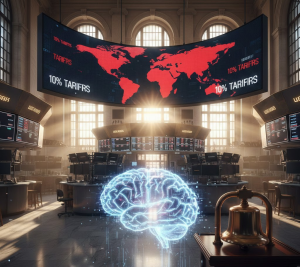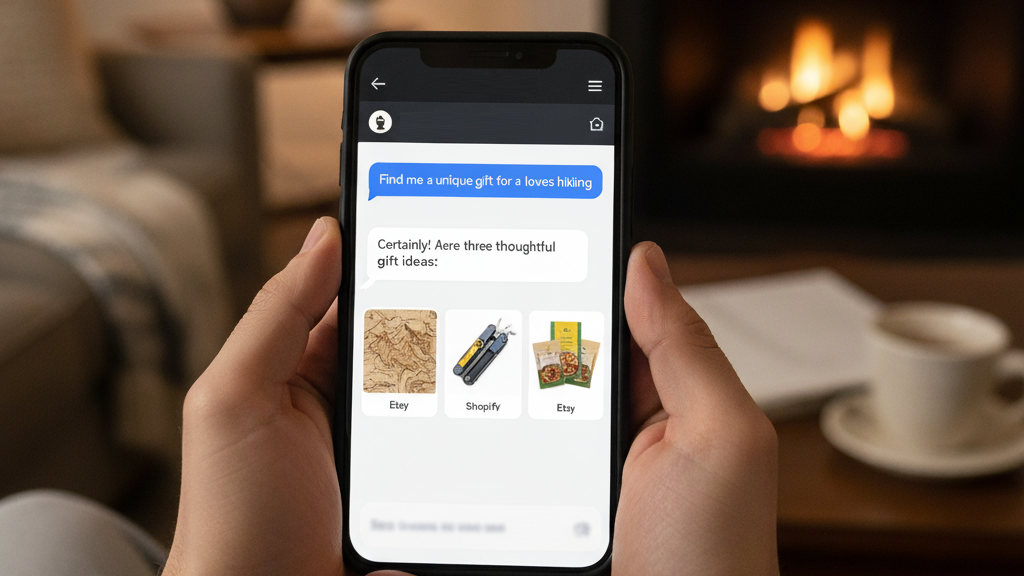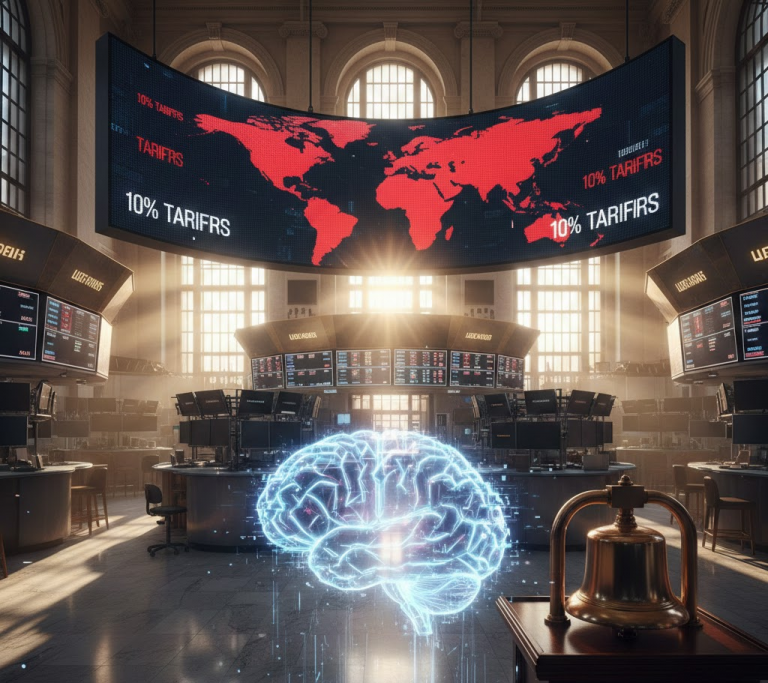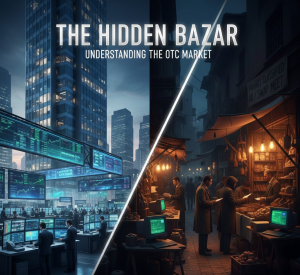Summary (TL;DR)
For investors, the key takeaway from this news is that OpenAI is launching a major new revenue stream for ChatGPT, moving it from a simple information tool into a direct e-commerce platform. This partnership with Shopify and Etsy creates a powerful new sales channel that could disrupt established players like Google and Amazon in the high-stakes world of online product discovery and sales.
The Core News (What Happened?)
In a landmark move for artificial intelligence and online retail, OpenAI has announced a strategic partnership with e-commerce giants Shopify and Etsy to allow users to make purchases directly within the ChatGPT interface. This development is significant because it transforms the wildly popular AI chatbot into a “conversational commerce” engine, where users can ask for product recommendations in natural language and immediately purchase items from millions of merchants without leaving the chat.
The bottom line for anyone watching the markets is that this creates a direct challenge to the search and discovery dominance of Google and Amazon, potentially unlocking a massive new transactional revenue stream for OpenAI while providing Shopify and Etsy sellers with unprecedented access to a huge and engaged user base.
How it works?
OpenAI has officially integrated the product inventories of Shopify and Etsy into ChatGPT. The new feature, branded “Shopping Sprints,” allows users to describe what they are looking for in a normal conversation, and ChatGPT will respond with a curated list of products from merchants on both platforms. Users can then browse details, view images, and complete the entire purchase process using their stored payment information directly within the chat window. The feature will begin rolling out immediately to ChatGPT Plus subscribers in the United States, with a broader release planned for the coming months.
Background (Setting the Stage)
Coming into this week, all eyes were on OpenAI’s next move to monetize its massive user base beyond its popular subscription model. While ChatGPT’s ability to generate text and code is well-established, its path to becoming a central part of the internet’s commercial infrastructure was still theoretical. Analysts have been speculating for months about how OpenAI could leverage its 180 million-plus users to enter the lucrative e-commerce market.
For Shopify and Etsy, the challenge has been to help their vast number of sellers stand out in a crowded online marketplace. Before this announcement, the primary methods for product discovery were traditional search engines and social media marketing, both of which are increasingly competitive and costly for small merchants. This partnership represents a novel solution for all three companies, shifting the paradigm from keyword search to conversational discovery.
The Debate (The Bull vs. Bear Case)

The Bull Case (The Optimistic View): On one hand, optimists believe this could be the dawn of a new era in online shopping. This integration creates a seamless and highly personalized buying experience that traditional websites cannot match. Analysts at Bloomberg suggest that by turning product discovery into a simple conversation, ChatGPT can dramatically reduce the friction that causes shoppers to abandon carts. The ability to ask “find me a unique, handmade leather wallet for under $50” and get instant, purchasable results from Etsy and Shopify merchants is a powerful proposition.
For the sellers on these platforms, this opens a direct line to millions of high-intent buyers, potentially leveling the playing field against larger retail brands. The move is seen as a strategic masterstroke to monetize AI in a way that provides clear value to consumers and businesses alike.

The Bear Case (The Cautious View): On the other hand, cautious voices point to significant hurdles for this new venture. A report from TechCrunch raises concerns about user trust and data privacy, questioning whether consumers are ready to hand over their purchasing data and payment information to an AI chatbot.
There is also the immense challenge of changing deeply ingrained consumer behavior; shoppers are accustomed to going to Amazon or Google to start their product search. Furthermore, there is a risk of the AI producing biased or suboptimal recommendations, potentially favoring certain products or merchants over others. Analysts at The Wall Street Journal question the conversion rates, noting that while ChatGPT has many users, it’s uncertain how many will actually use it as a primary shopping tool, making the ultimate revenue potential for OpenAI and its partners difficult to predict.
By the Numbers (Key Data & Metrics)
- ChatGPT Monthly Active Users: Over 180 million
- Shopify Merchant Base: Millions of merchants globally
- Etsy Active Sellers: Over 7 million
- Initial Rollout: U.S.-based ChatGPT Plus subscribers
- Revenue Model: Commission-based
Disclaimer: This article is for informational purposes only and does not constitute financial, investment, or legal advice. The information provided is a synthesis of publicly available data and expert analysis and should not be considered a recommendation to buy or sell any security. Investing in the stock market involves risk, including the possible loss of principal. Past performance is not indicative of future results. Readers should consult with a qualified financial advisor to determine an investment strategy that is suitable for their own personal financial situation and risk tolerance.






















